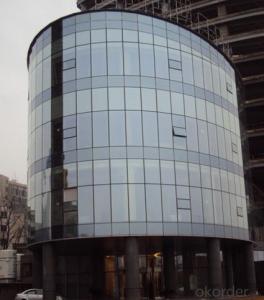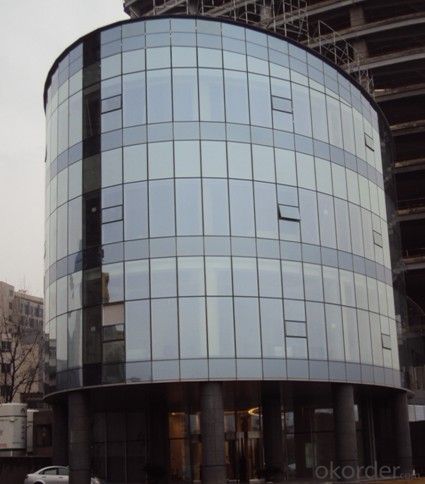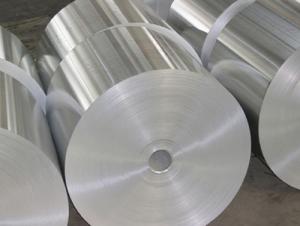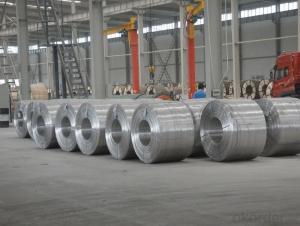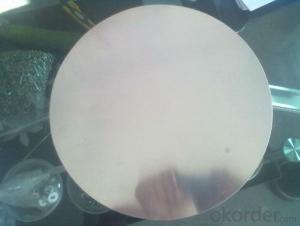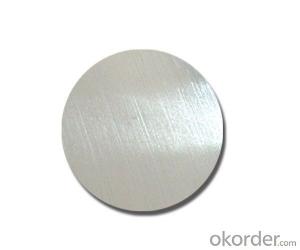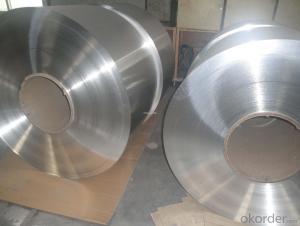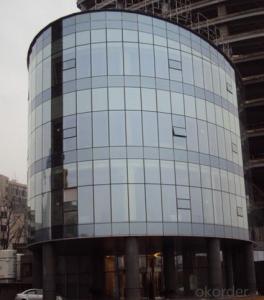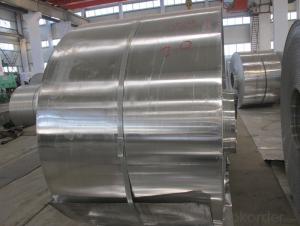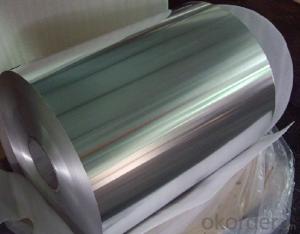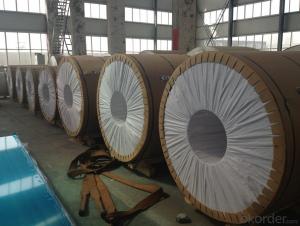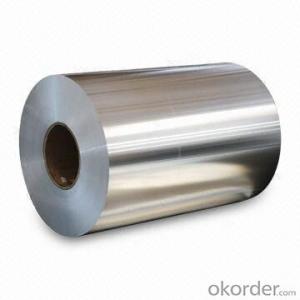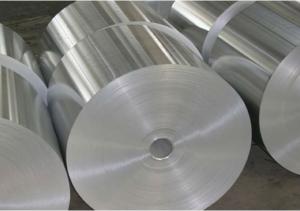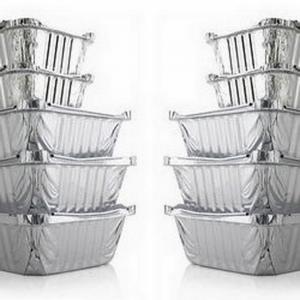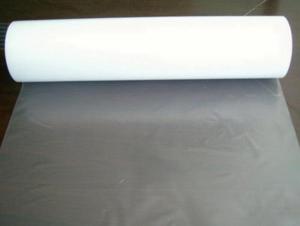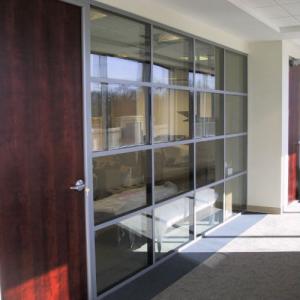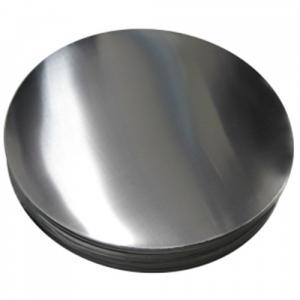Aluminum Cold Rolled Anodized Aluminum Coil for Gutter
- Loading Port:
- Shanghai
- Payment Terms:
- TT OR LC
- Min Order Qty:
- 5 m.t.
- Supply Capability:
- 100000 m.t./month
OKorder Service Pledge
OKorder Financial Service
You Might Also Like
Specification
| Product | color coated aluminium coil | |||||
| Commodity | Alloy | Temper | Gauge (mm) | Width(mm) | Length (mm) | Standard |
| Al.sheets for cladding wall/curtain wall | 1XXX 3XXX 5XXX | HX4 | 0.2-12 | 1630 | 1000~ 6000 | GB/T3880 GB/T3199 YS/TS429.1 |
| Al.alloy sheet/strip | 5052 | H1x H2x H3x | 0.2-20 | 1630 | Strip/ sheet | GB/T8544 |
| Al.strip for composite panel | 1XXX 3XXX 5XXX 8XXX | H1x H2x H3x | 0.2-20 | 1630 | Strip | YS/T432 YS/T434 |
| Foil stock | 1145 1235 1200 8XXX | H14 H24 | 0.01- 0.6 | 1630 | Strip | YS/T457 |
| Commercial Sheet/strip | 1XXX 3XXX 5XXX | 0 H1x H2x H3x | 0.2-20 | 1630 | Strip/ sheet | GB/T3880 GB/T3199 YS/T490 YS/T431 |
| Remark:Besides the stipulations in the above table,the specific technical agreement,if any,can be signed by the seller and buyer after mutual discussion. | ||||||
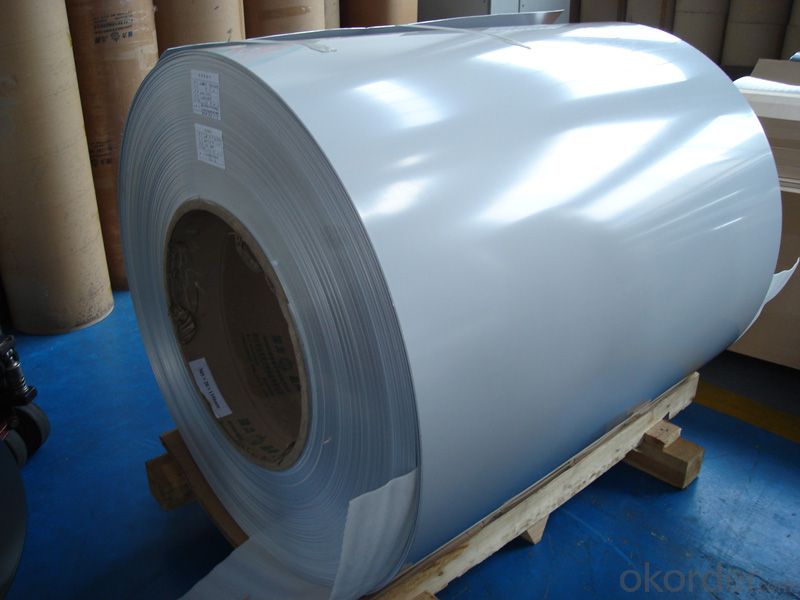
Our Services
Payment: by 30%T/T in advance and balance before shipment or 100% L/C at sight
Delivery: within 30 days after we get your deposit or L/C.
Packing: sea worthy wooden pallet
Loading port: Qingdao/Shanghai/Tianjin, China
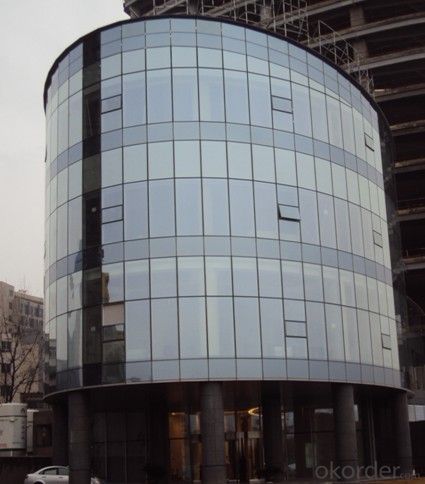
Company Information
CNBM is in aluminum foil, coil, sheet, plate for more than 10 years, thus we have rich product, technology and market experiences. With the world’s top aluminum processing equipments, experienced technical staff, cooperative and professional sales team, and the enterprise concept of responsibility and sharing, we have been widely focused since the day set up, and has gained high praise from customers home and abroad until now.
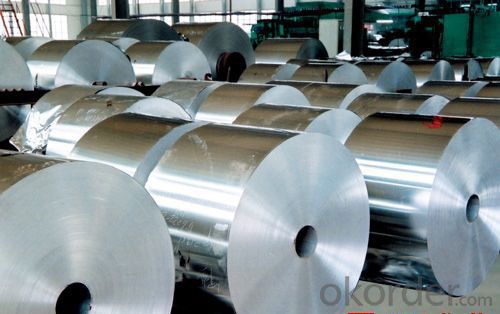
- Q: What are the sustainable methods that can be employed in the manufacturing process involving aluminum?
- <p>Yes, sustainable methods can be employed in aluminum manufacturing. These include using recycled aluminum, which requires significantly less energy than mining and refining new aluminum. Implementing energy-efficient technologies and reducing emissions in the production process are also crucial. Additionally, investing in research for new, more sustainable aluminum alloys and manufacturing processes can lead to reduced environmental impact. Lastly, proper waste management and recycling programs can help minimize the environmental footprint of aluminum production.</p>
- Q: This question asks for methods to enhance the ability of aluminum to resist corrosion.
- <p>To improve the corrosion resistance of aluminum, several methods can be employed: 1) Anodizing: This process creates a protective oxide layer on the aluminum surface, enhancing its resistance to corrosion. 2) Coating: Applying protective coatings such as paints or polymers can prevent direct contact with corrosive substances. 3) Alloying: Adding elements like magnesium or copper to aluminum can create alloys with better corrosion resistance. 4) Cathodic Protection: Using sacrificial anodes can protect aluminum from corrosion by diverting corrosion to the anode. 5) Proper Design: Designing structures to minimize water and dirt accumulation can reduce corrosion. 6) Regular Maintenance: Cleaning and inspecting aluminum components can help identify and address corrosion issues early.</p>
- Q: This question asks about the health effects of consuming aluminum on human health.
- <p>Aluminum consumption can have various effects on human health, though the extent of its impact is still a subject of debate among researchers. High levels of aluminum intake have been associated with neurological disorders, particularly Alzheimer's disease, although a direct causal link has not been definitively established. Aluminum can also interfere with bone health, potentially leading to osteoporosis, and may affect the kidneys, causing dysfunction. It is important to note that the human body naturally excretes aluminum, so moderate exposure is generally not harmful. However, excessive intake, especially over a long period, could pose health risks.</p>
- Q: Explain the relationship between aluminum and iron in terms of their properties and uses.
- <p>Aluminum and iron are both metals with distinct properties that determine their various applications. Aluminum is lighter, more resistant to corrosion, and has good thermal conductivity, making it suitable for applications such as beverage cans, aircraft construction, and electrical wiring. Iron, on the other hand, is heavier, stronger, and more magnetic, which makes it ideal for construction materials, steelmaking, and electromagnets. They can be combined to form alloys, such as steel, which is an iron alloy with carbon and sometimes other elements, enhancing its strength and durability.</p>
- Q: This question asks for everyday applications of aluminum foil.
- <p>Aluminum foil has various uses in daily life. It's commonly used for food storage, wrapping leftovers to keep them fresh. It's also used in cooking, such as covering dishes to retain moisture or creating packets for steaming foods. Aluminum foil is great for lining baking sheets to prevent sticking and making cleanup easier. It's also used for insulation, like wrapping pipes to reduce heat loss. Additionally, it's used for arts and crafts, shining surfaces, and even as a makeshift reflector for sunlight. Its versatility makes aluminum foil a staple in many households.</p>
- Q: Describe the characteristics and properties of aluminum oxide.
- <p>Aluminum oxide, also known as alumina, is a compound of aluminum and oxygen with the chemical formula Al2O3. It is a white solid that is insoluble in water but soluble in acid and base. It has a high melting point (over 2000掳C), high hardness, and is chemically inert. Aluminum oxide is also a good electrical insulator and has a high refractive index. It is used in various applications, including abrasives, refractory materials, and as a catalyst in chemical processes. Additionally, it is biocompatible and is used in medical implants and dental materials.</p>
- Q: What are some typical combinations of metals that are used to create aluminum alloys?
- <p>Common alloys used for aluminum include 1000 series, which are nearly pure aluminum. The 2000 series, which contains copper, is known for its strength. The 3000 series, with manganese, is good for its formability. The 5000 series, which contains magnesium, offers good strength and welding characteristics. The 6000 series, which includes silicon and magnesium, is known for its strength and resistance to corrosion. Lastly, the 7000 series, which contains zinc, is the strongest and most commonly used for structural applications. These alloys are chosen for their specific properties such as strength, corrosion resistance, and workability, depending on the application.</p>
- Q: Is it dangerous to consume food wrapped in aluminum foil due to the risk of aluminum poisoning?
- <p>There is minimal risk of aluminum poisoning from eating food wrapped in aluminum foil. Aluminum foil is designed to be food-safe and does not easily transfer aluminum to food under normal cooking conditions. However, at extremely high temperatures or when foil is used to cook acidic foods, there might be a slight increase in aluminum exposure. The body naturally excretes excess aluminum, and the small amounts typically ingested from food packaging are not considered harmful. Nonetheless, it's always a good idea to follow proper food handling and cooking practices to minimize any potential risks.</p>
- Q: Describe the reaction between aluminum and oxygen, including the product formed.
- <p>Aluminum reacts with oxygen to form aluminum oxide (Al2O3). This reaction is an oxidation process where aluminum loses electrons and oxygen gains them. The reaction can be represented by the equation: 4Al + 3O2 鈫?2Al2O3. Aluminum oxide forms a protective layer on the surface of aluminum, preventing further oxidation. This property makes aluminum a corrosion-resistant metal, despite its reactivity with oxygen.</p>
- Q: This question asks about the impact of using aluminum tools and equipment in the workplace.
- <p>Using aluminum tools and equipment in the work environment can have several effects. Firstly, it can enhance safety due to aluminum's non-magnetic and non-conductive properties, which reduce the risk of electrical hazards. Secondly, aluminum is lightweight, which can decrease fatigue for workers and improve efficiency. Additionally, its corrosion resistance means longer tool life and less frequent replacement, which can save costs. However, aluminum's lower strength compared to some other metals might limit its use in high-stress applications. Overall, the choice to use aluminum depends on balancing these factors with the specific requirements of the work environment.</p>
Send your message to us
Aluminum Cold Rolled Anodized Aluminum Coil for Gutter
- Loading Port:
- Shanghai
- Payment Terms:
- TT OR LC
- Min Order Qty:
- 5 m.t.
- Supply Capability:
- 100000 m.t./month
OKorder Service Pledge
OKorder Financial Service
Similar products
Hot products
Hot Searches
Related keywords
